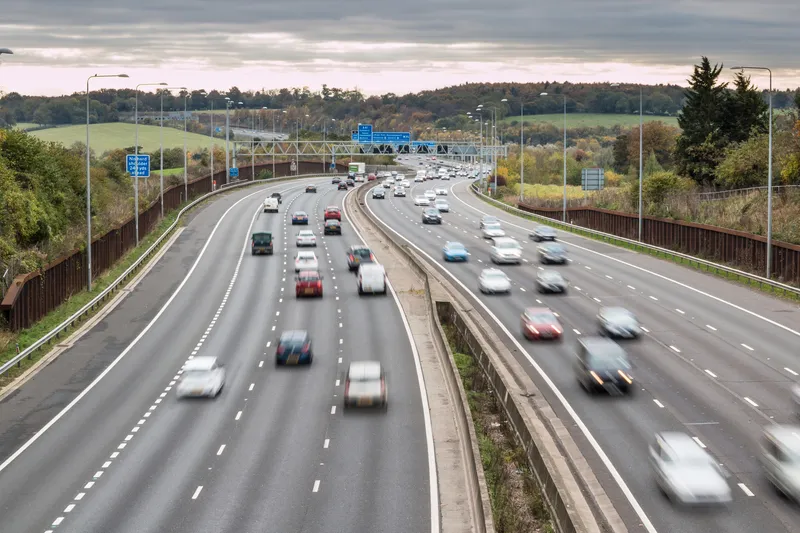Texas Transportation Institute (TTI) has published the 2011 Congested Corridors Report, the first nationwide effort to identify reliability problems at specific stretches of US highway responsible for significant traffic congestion at different times and different days. Researchers noted that the corridors included in the report were identified by the data itself.
April 30, 2012
Read time: 2 mins
RSS2347 Texas Transportation Institute (TTI) has published the 2011 Congested Corridors Report, the first nationwide effort to identify reliability problems at specific stretches of US highway responsible for significant traffic congestion at different times and different days. Researchers noted that the corridors included in the report were identified by the data itself.
5367 INRIX, a leading provider of traffic data and analytics, originated the corridor approach, using 10 hours of congestion per week to define a starting point for a congested corridor. To be considered a “corridor,” according to the Inrix standard adopted for this report, congestion should impact a freeway segment at least three miles long.
“Until now, we’ve been able to measure average congestion levels,” says TTI research engineer Bill Eisele, “but congestion isn’t an ‘average’ problem. Commuters and truckers are understandably frustrated when they can’t count on a predictable trip time from day to day.”
The report describes congestion problems in 328 seriously congested corridors over a variety of times — all day, morning and evening peaks, midday, and weekends. Not only were these roads found to have more stop-and-go traffic than others, they were also much less predictable — “so, not only does it take longer, commuters and truckers have a difficult time knowing how much longer it will take each time they make the same trip” said co-author David Schrank.
The 328 corridors, while accounting for only six per cent of the nation’s total freeway lane-miles in the US and 10 per cent of the traffic, account for 36 per cent of the country’s urban freeway congestion.
As the first look at travel time reliability across the US, researchers believe that the report can be useful in determining where transportation system improvements will have the greatest impact.
Click here for a copy of the report.
“Until now, we’ve been able to measure average congestion levels,” says TTI research engineer Bill Eisele, “but congestion isn’t an ‘average’ problem. Commuters and truckers are understandably frustrated when they can’t count on a predictable trip time from day to day.”
The report describes congestion problems in 328 seriously congested corridors over a variety of times — all day, morning and evening peaks, midday, and weekends. Not only were these roads found to have more stop-and-go traffic than others, they were also much less predictable — “so, not only does it take longer, commuters and truckers have a difficult time knowing how much longer it will take each time they make the same trip” said co-author David Schrank.
The 328 corridors, while accounting for only six per cent of the nation’s total freeway lane-miles in the US and 10 per cent of the traffic, account for 36 per cent of the country’s urban freeway congestion.
As the first look at travel time reliability across the US, researchers believe that the report can be useful in determining where transportation system improvements will have the greatest impact.
Click here for a copy of the report.








